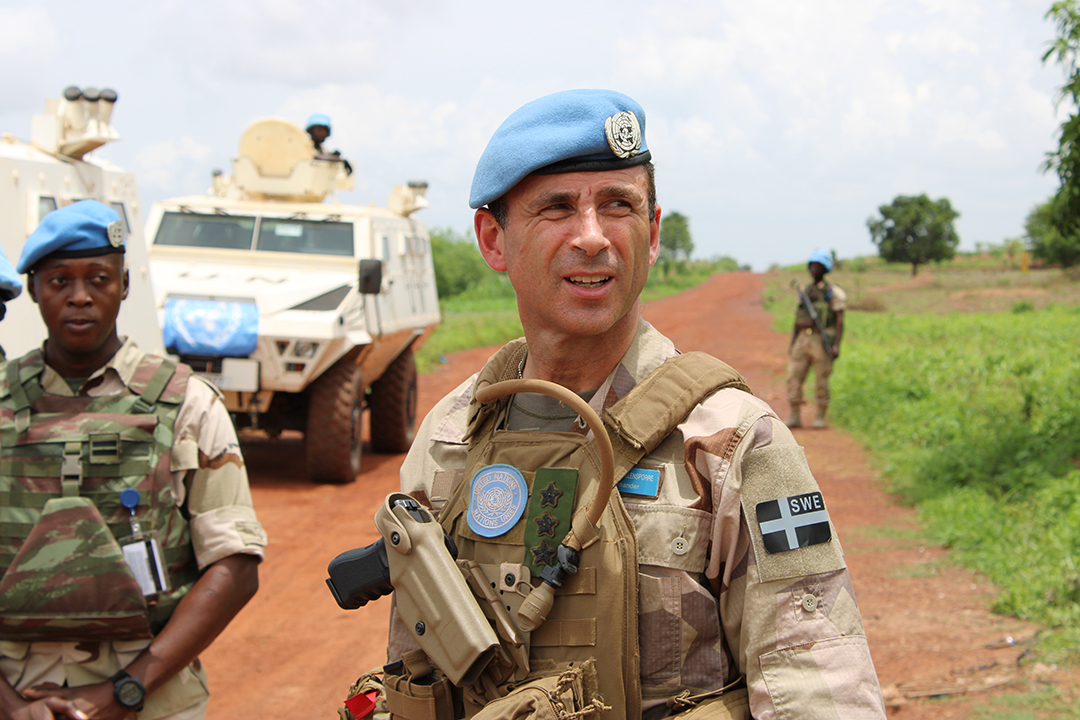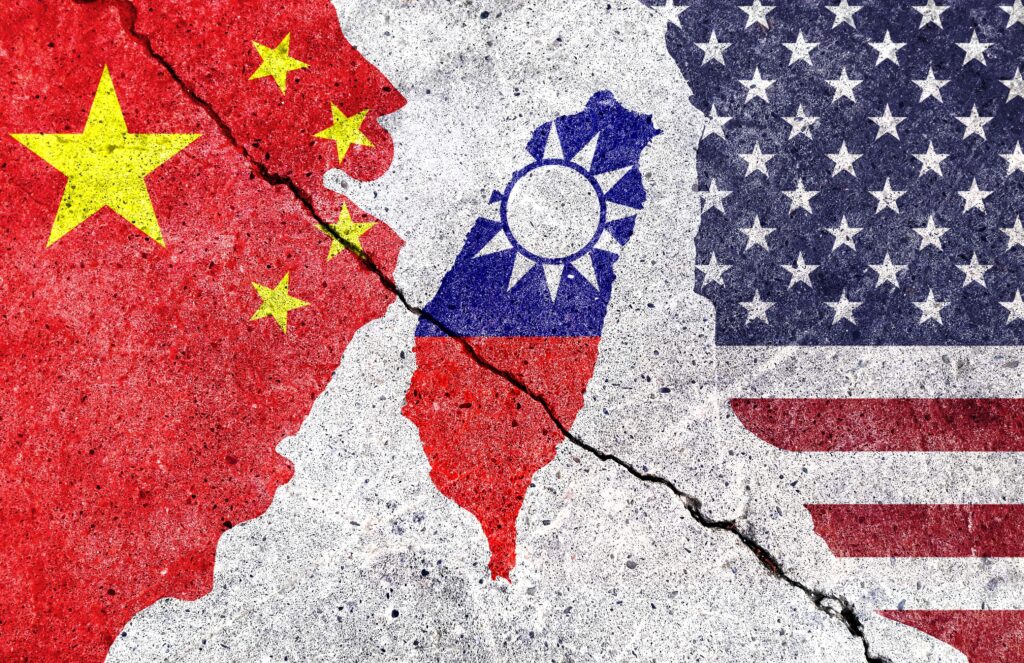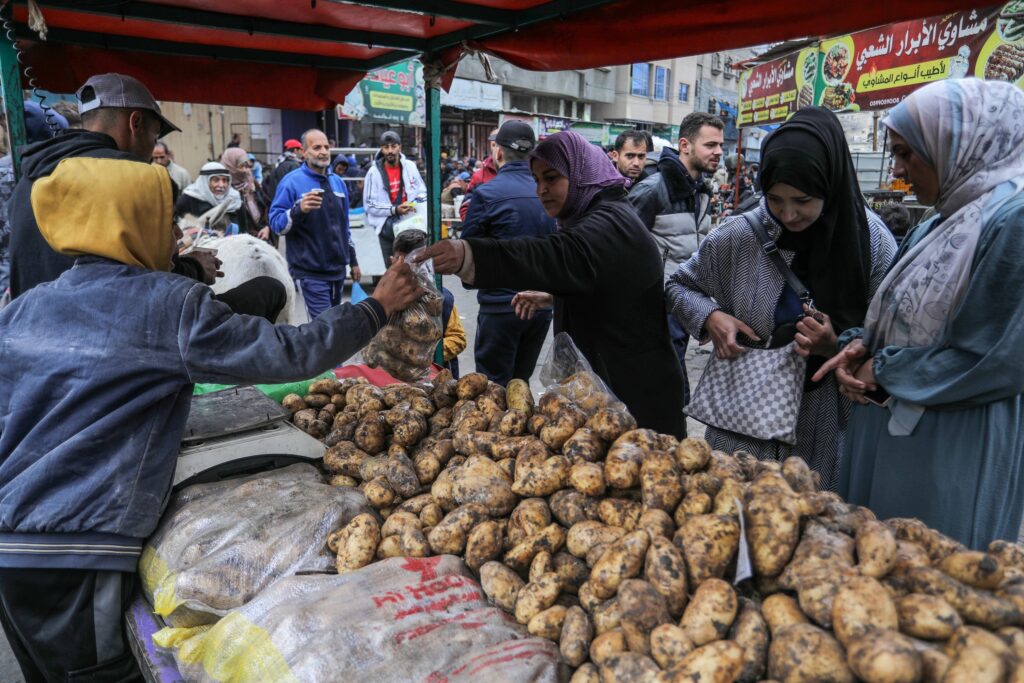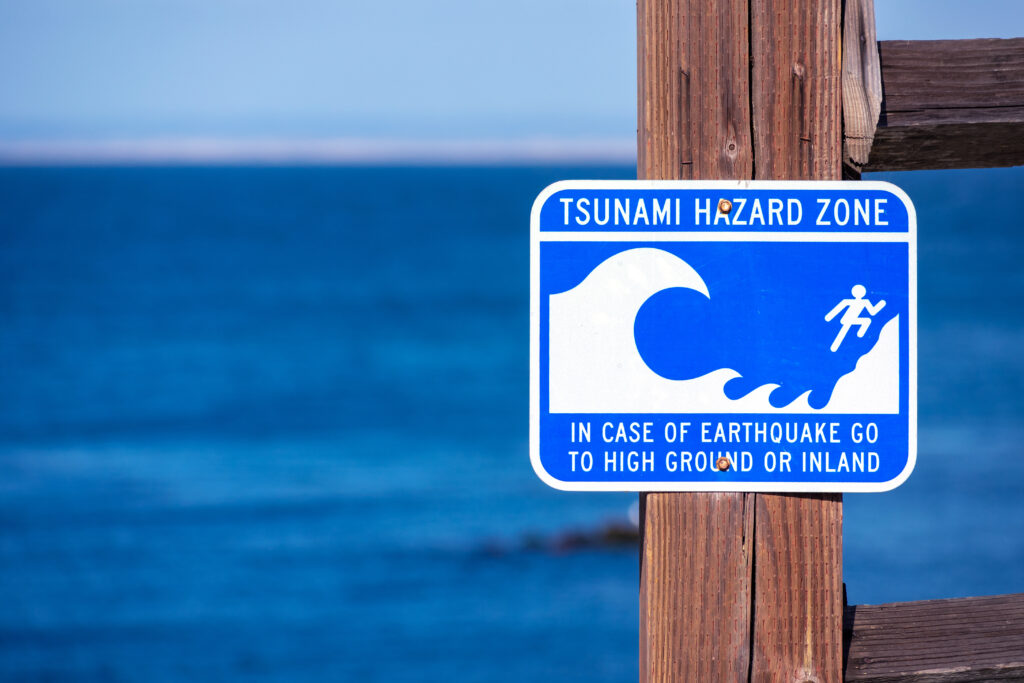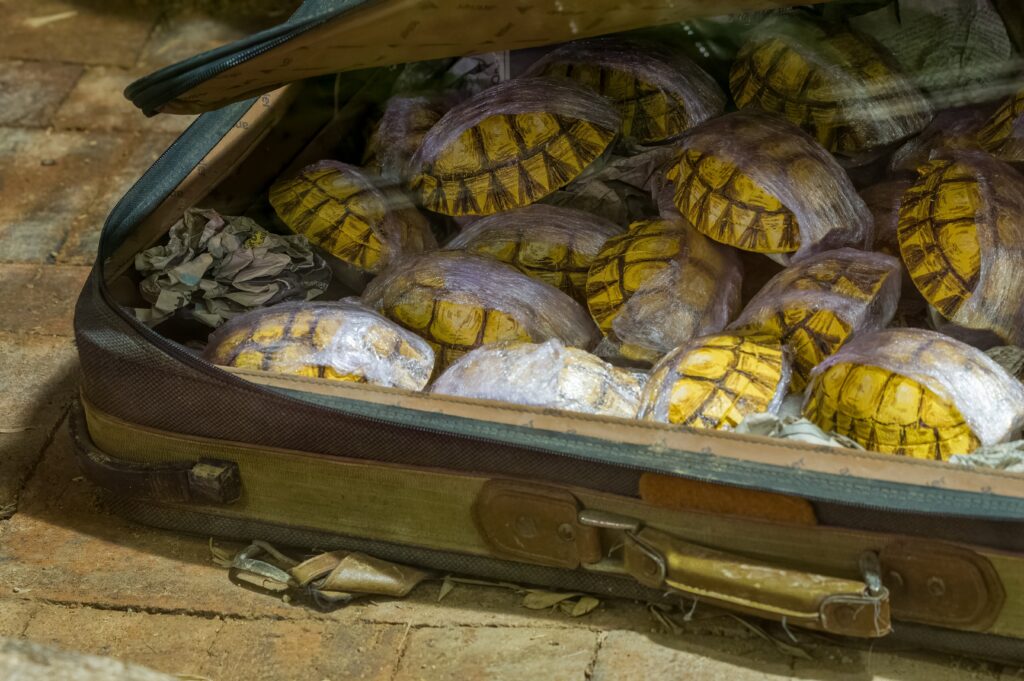Swedish-born Dennis Gyllensporre, Lieutenant General and former Force Commander for the UN Multidimensional Integrated Stabilization Mission in Mali (MINUSMA), recently sat down with BWC President Peter Yeo to talk about his time serving in the deadliest peacekeeping mission in UN history. The dialogue has been edited for print.
Watch this and similar conversations on the BWC YouTube channel.
Yeo: You were the Force Commander for the UN peacekeeping mission in Mali, which ended in December 2023. What did MINUSMA accomplish?
Gyllensporre: For most people, the mission is known for being one of the most challenging and deadly UN peacekeeping missions in history. That’s true. They also had a difficult exit during very difficult circumstances. But the mission also made significant progress. It contributed stability during a turbulent time when there were two military coups in the country.
Yeo: The mission was able to protect some civilians in Mali and reduce tensions between fighting groups. Do you see a likely increase in insecurity in Mali as a result of the departure of the mission?
Gyllensporre: I think it’s reasonable to assume that there will be an escalation of violence. We will have to see how this unfolds because there are so many actors involved in the peace agreement, which is formally still in effect. But the parties see themselves in a new position now, so there will be efforts to advance different priorities. We should expect turbulent times ahead.
Yeo: In 2024, we’re going to see the closure of the mission in the Democratic Republic of the Congo. We just saw the mission close in Mali. Is this a trend in peacekeeping or unique circumstances that led to the closure of these missions?
Gyllensporre: Stabilization missions that have been deployed in Africa are ambitious – not just in resources, but in mandate. I think the appetite for those kinds of missions isn’t there anymore. So it’s a critical juncture now to see how the UN could employ its resources in peacekeeping in other ways. For example, we’ve seen a trend towards other security actors being more involved, with peacekeeping missions pursued alongside other international contributions or commitments. I think we’ll increasingly see missions operating alongside each other, ideally with the same overall objective, but very different mandates and accountability.
Yeo: With the rise of disinformation campaigns throughout the Sahel, how can peacekeepers do their job better?
Gyllensporre: It’s an uphill battle to counter disinformation. This perception was also shared among the population, where there was a lack of understanding on the commitment and contributions that were reasonable to expect by the UN. I think it starts in New York to temper expectations of the missions and communicate what missions are doing.
Being proactive in communications is a way to counter some of it. But it always has to be founded on actions on the ground, because communication lines have to be linked to real progress and tangible activities. That’s what people can relate to at the end of the day. What’s frustrating at times is that disinformation campaigns make it difficult to communicate the tangible improvements that peacekeepers are making in the lives of people.
To give you a practical and frequent challenge, it was when we were protecting civilians and patrolling in exposed villages. In a number of occasions we were blocked, in particular by women and children. They didn’t want us there. Obviously they were manipulated to prevent us to do our job, and that put peacekeepers in a very difficult situation.
Yeo: What are the biggest misconceptions about peacekeeping?
Gyllensporre: I think it comes to expectations. Former Secretary-General Dag Hammarskjöld said that the UN isn’t about getting us to heaven, but preventing us from going to hell.
There are also other instruments and efforts that are needed in addition to peacekeeping. The military obviously has one role, but the core strength of the UN is that it has at its disposal so many other capabilities and areas of competence to foster good governance in the international community. That’s at the core of most of the conflicts we see.
“The core strength of the UN is that it has at its disposal so many other capabilities and areas of competence to foster good governance in the international community.”
Lt. Gen. Dennis Gyllensporre
